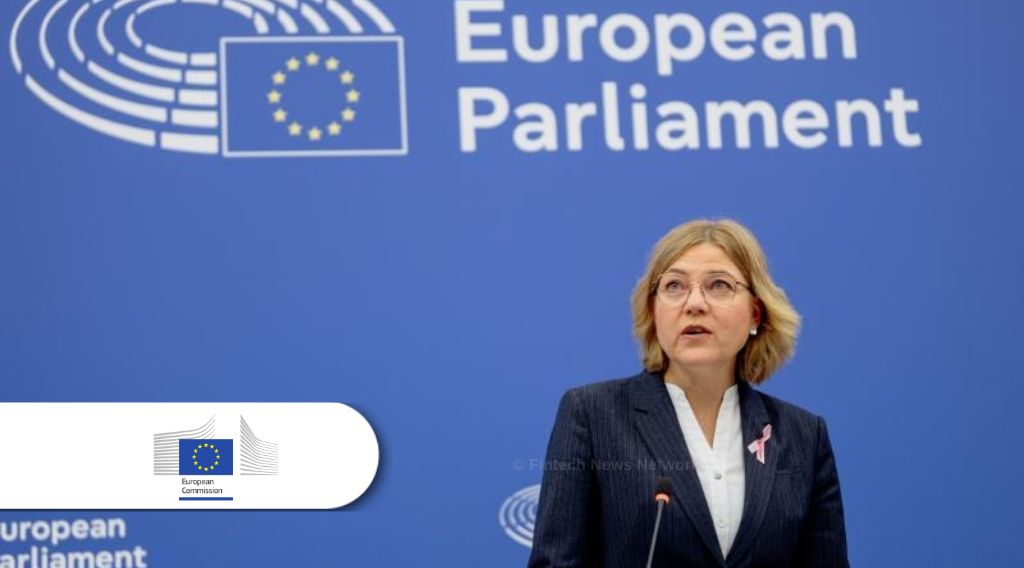The European Commission has announced two new strategies to strengthen Europe’s position in AI: the Apply AI Strategy and the AI in Science Strategy.
These initiatives aim to accelerate AI adoption across key industries and enhance Europe’s leadership in AI-driven scientific research.
President of the European Commission, Ursula von der Leyen, said:

“I want the future of AI to be made in Europe. Because when AI is used, we can find smarter, faster, and more affordable solutions. AI adoption needs to be widespread, and with these strategies, we will help speed up the process. Putting AI first also means putting safety first.”
The Apply AI Strategy focuses on expanding the use of AI across strategic sectors such as healthcare, energy, mobility, manufacturing, agriculture, defence, and communications.
It aims to support both large industries and SMEs in integrating AI into their operations.
Around €1 billion will be mobilised to fund initiatives including AI-powered healthcare screening centres and the development of sector-specific AI models for manufacturing, environmental management, and pharmaceuticals.
To coordinate efforts, the Commission is launching the Apply AI Alliance, which will bring together representatives from industry, academia, public institutions, and civil society.
An AI Observatory will monitor technological trends and assess the impact of AI across sectors, while the newly launched AI Act Service Desk will assist with the implementation of the EU AI Act.
Running alongside Apply AI, the AI in Science Strategy aims to make Europe a global hub for AI-driven research and innovation. At its centre is RAISE, the Resource for AI Science in Europe, a virtual institute designed to consolidate and coordinate AI resources for scientific use.
The strategy includes €58 million under the RAISE pilot to support Networks of Excellence and Doctoral Networks for AI talent, €600 million from Horizon Europe to expand access to computational power for researchers and startups, and plans to double AI-related funding under Horizon Europe to over €3 billion.
It also introduces initiatives to help scientists identify data gaps and improve access to high-quality datasets.
The Commission’s Joint Research Centre will contribute through technical assessments and studies on AI’s impact on science and research.
Henna Virkkunen, Executive Vice-President for Tech Sovereignty, Security and Democracy, said:

“Europe is well positioned to become an AI continent. With the Apply AI Strategy, we will help our companies and key sectors, from manufacturing to healthcare and the public sector, use AI to deliver real benefits for EU citizens, reinforce our competitiveness, and strengthen our technological sovereignty.”
To further advance AI integration, the Commission will present a Data Union Strategy at the end of October to improve access to high-quality, structured data for businesses and researchers.
The AI in Science Summit, co-organised by the Commission and the Danish Presidency, will take place in Copenhagen on 3 to 4 November to launch key initiatives under the AI in Science Strategy, including the RAISE pilot.
Featured image credit: European Commission

